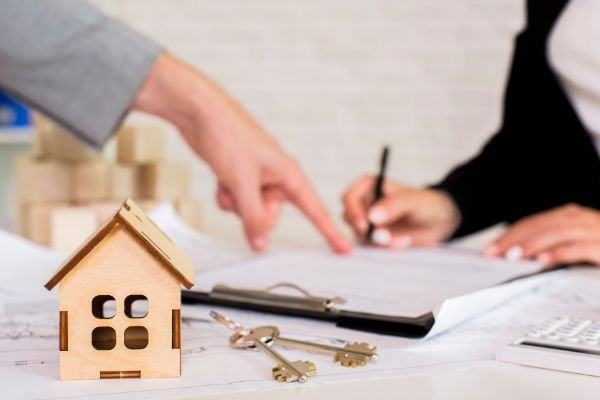Common Inquiries about Property Purchases in Spain: A Real Estate Law Guide
Introduction to the Spanish Real Estate Market
In this article, we will address the most common questions related to buying or selling properties in Spain. If you are considering purchasing your first home or investing in real estate, our goal is to provide you with the essential information you need. Where should you start? It is crucial to research the real estate market to understand current prices and trends, select a desired location, and set a budget. We recommend hiring a local real estate agent and a lawyer specializing in Spanish real estate law. Additionally, if you do not reside in Spain, obtaining a NIE (Foreigner’s Identification Number) is essential, as it is required to carry out any real estate transactions in the country.
The Importance of a Lawyer in Property Transactions
Although it is not legally mandatory to have a lawyer for buying a property in Spain, it is highly advisable. A lawyer can assist with legal verifications, contract reviews, and ensuring compliance with Spanish property laws. Moreover, they will help navigate the complexities of the Spanish real estate market, especially for non-resident buyers or sellers.
Essential Legal Documentation
One of the most critical and often complex documents is the ‘Nota Simple’, which confirms the ownership, legal status, a recent survey of the property, and any encumbrances or limitations.
International Buyers in Spain
Foreign nationals are allowed to purchase properties in Spain without specific restrictions, although they must meet certain financial and legal requirements.
Common Mistakes in Purchasing
The most frequent errors include failing to verify the legal status and debts of the property, overlooking additional costs such as taxes, legal fees, community charges, and construction permits.

Additional Costs in Transactions
The additional costs involved in purchasing a property can vary between 8% and 12% of the purchase price. Depending on your personal circumstances, you will be subject to the Property Transfer Tax (ITP) or VAT.
Property Inspection
While not legally mandatory, conducting a property inspection is highly recommended, especially for resale properties. This helps identify structural issues or necessary repairs that could impact the property’s value.
Obtaining a Mortgage as a Non-Resident
Non-residents can apply for a mortgage in Spain, which typically covers only 60-70% of the property’s value. For this, you will need to provide financial documentation such as income statements, employment details, and your credit history.
The Role of the Notary in the Purchase Process
In Spain, the notary plays a crucial role in the purchasing process. They are responsible for verifying the legality of the real estate transaction, ensuring that all necessary documents are accurate and properly executed.
Utilities Management
After purchasing a property in Spain, you will need to transfer the utilities into your name. This involves contacting utility companies, providing your NIE, and the deed of the property.
Duration of the Purchase Process
The time required to complete the purchase of a property can vary, depending on several factors such as the complexity of the transaction, the efficiency in obtaining necessary documents, and the presence of any legal issues to resolve. Generally, the process can take from two to three months from the initial agreement to completion.
We invite you to explore more on this topic on our website, where you can expand your knowledge about purchasing properties in Spain.